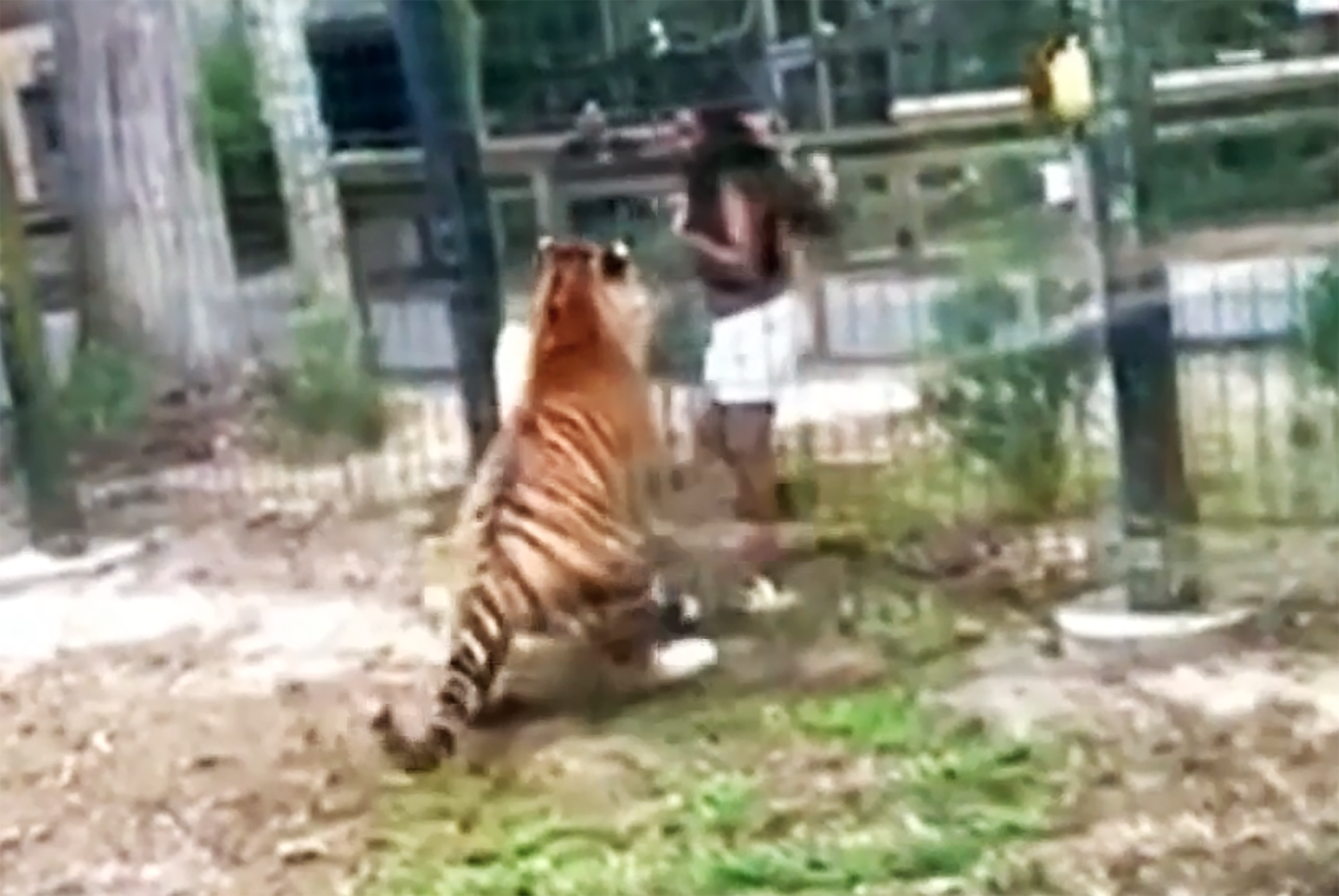The study is a rare glimpse into the species' underwater behaviour
Author of the article:

The Canadian Press
Nono Shen
Published Sep 05, 2024 • 2 minute read

Scientists said new research shows how northern elephant seals used sonar from a deep sea research facility off the British Columbia coast like a “dinner bell” as they hunted for prey.
University of Victoria researchers said their study provides a rare glimpse into the species’ underwater behaviour, as the animals learned to associate sonar noise from the research instruments, 645 metres deep, with the presence of food.
Advertisement 2
THIS CONTENT IS RESERVED FOR SUBSCRIBERS ONLY
Subscribe now to read the latest news in your city and across Canada.
- Unlimited online access to articles from across Canada with one account.
- Get exclusive access to the Vancouver Sun ePaper, an electronic replica of the print edition that you can share, download and comment on.
- Enjoy insights and behind-the-scenes analysis from our award-winning journalists.
- Support local journalists and the next generation of journalists.
- Daily puzzles including the New York Times Crossword.
SUBSCRIBE TO UNLOCK MORE ARTICLES
Subscribe now to read the latest news in your city and across Canada.
- Unlimited online access to articles from across Canada with one account.
- Get exclusive access to the Vancouver Sun ePaper, an electronic replica of the print edition that you can share, download and comment on.
- Enjoy insights and behind-the-scenes analysis from our award-winning journalists.
- Support local journalists and the next generation of journalists.
- Daily puzzles including the New York Times Crossword.
REGISTER / SIGN IN TO UNLOCK MORE ARTICLES
Create an account or sign in to continue with your reading experience.
- Access articles from across Canada with one account.
- Share your thoughts and join the conversation in the comments.
- Enjoy additional articles per month.
- Get email updates from your favourite authors.
Sign In or Create an Account
or
Article content
Lead author Heloise Frouin-Mouy said in a University of Victoria news release that the phenomenon is known as the “dinner bell effect,” and the seals appeared to have used the sonar to find an area with prey, particularly their favoured sablefish.
“I was amazed by the videos.” said Frouin-Mouy. “Seeing them chasing the fish is amazing.”
The research observatory operated by Ocean Networks Canada in the Barkley Canyon was conducting unrelated research on the effects of light and bait on fish and invertebrate behaviour.
But when video of the site was reviewed, the surprised researchers saw at least eight elephant seals repeatedly visiting the site to hunt, suggesting they used the sonar to locate the area.
Frouin-Mouy said when scientists turned to her for help after finding some “unusual encounters” with the seals, she was excited about the discovery.
Male adolescent seals were also captured on video “power napping” on the sea floor, “another new and never-before-seen behaviour,” the university statement said.
Frouin-Mouy said the seals were not disturbed by the sonar unit when its light turned on, and one of the animals even napped nearby, which more than eight minutes.
Advertisement 3
Article content
Eight male elephant seals were identified between June 2022 and May 2023, and individuals were identified based on body marks or scars as well as their “eyeliner cues,” the study said.
Frouin-Mouy said she named the eight seals after her favourite group, The Beach Boys, and her favourite one is called Mike, who frequents the research site hunting for food.
The study was conducted in 2022 and 2023 and published in the peer-reviewed journal PLOS ONE on Wednesday.
Recommended from Editorial
-

Spencer van Vloten: Stop endangering your cat by allowing free roaming
-

Romantic ideas of wildlife 'running free' during COVID-19 lockdown overblown: UBC study
Bookmark our website and support our journalism: Don’t miss the news you need to know — add VancouverSun.com and TheProvince.com to your bookmarks and sign up for our newsletters here.
You can also support our journalism by becoming a digital subscriber: For just $14 a month, you can get unlimited access to The Vancouver Sun, The Province, National Post and 13 other Canadian news sites. Support us by subscribing today: The Vancouver Sun | The Province.
Article content
.png)
 2 weeks ago
11
2 weeks ago
11

































 Bengali (BD) ·
Bengali (BD) ·  English (US) ·
English (US) ·